15 Reasons Dogs Become Fearful After Trauma

Dogs, like humans, can carry emotional wounds long after a traumatic event has occurred. Fear can manifest in many ways, from trembling and hiding to aggression and avoidance. Trauma leaves lasting imprints on a dog’s behavior, sometimes making them anxious, withdrawn, or reactive. Here are 15 reasons why dogs become fearful after experiencing trauma.
Abuse from a previous owner
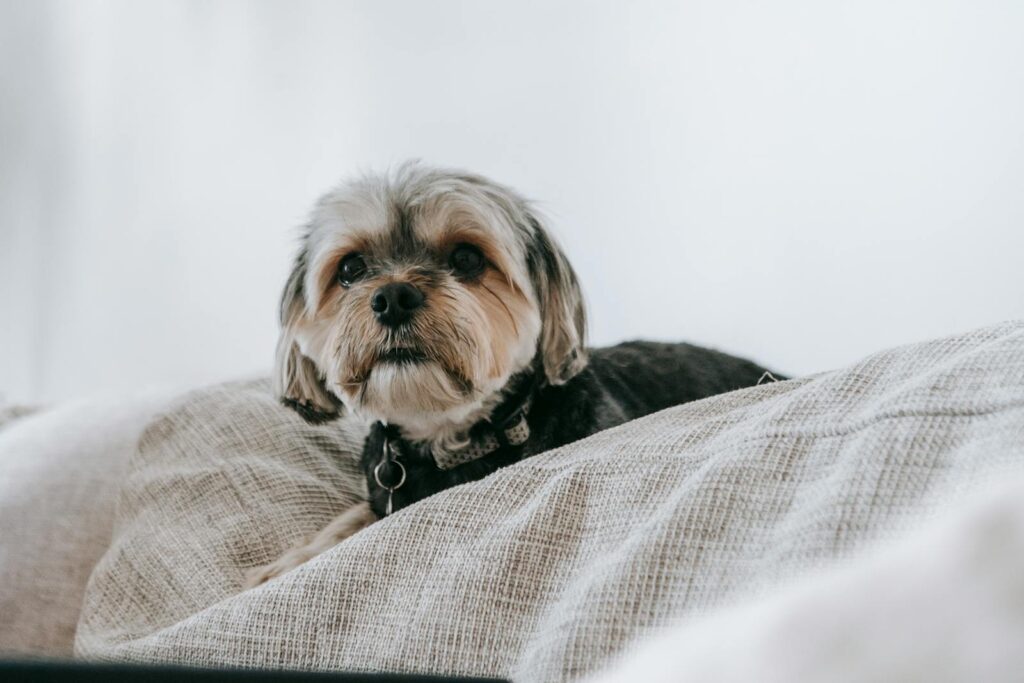
Dogs that have been physically abused often develop a deep-seated fear of humans. If they were hit, kicked, or yelled at repeatedly, they might associate people with pain and punishment. Even after being placed in a loving home, they might still flinch at sudden movements, avoid eye contact, or cower when a hand is raised, fearing the worst.
Abandonment and neglect
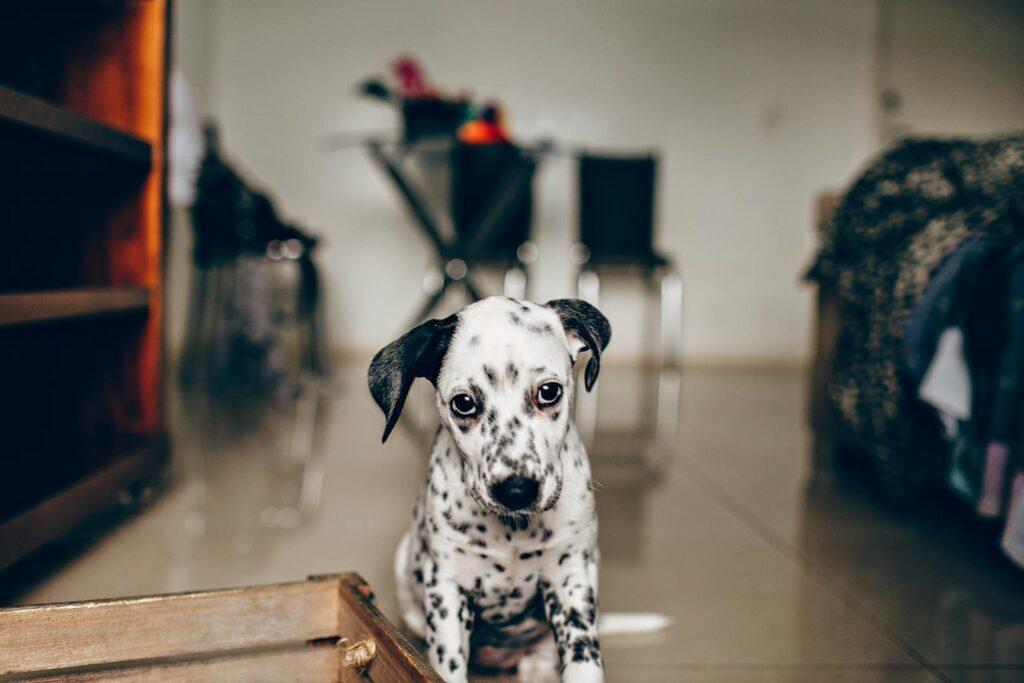
Being abandoned or left alone for long periods can cause lasting emotional damage. Dogs that were once part of a family but later discarded often struggle with trust issues. They may become overly attached to a new owner, fearful that they will be abandoned again, or they may shut down completely, withdrawing from all human interaction to protect themselves from future disappointment.
Lack of socialization during puppyhood
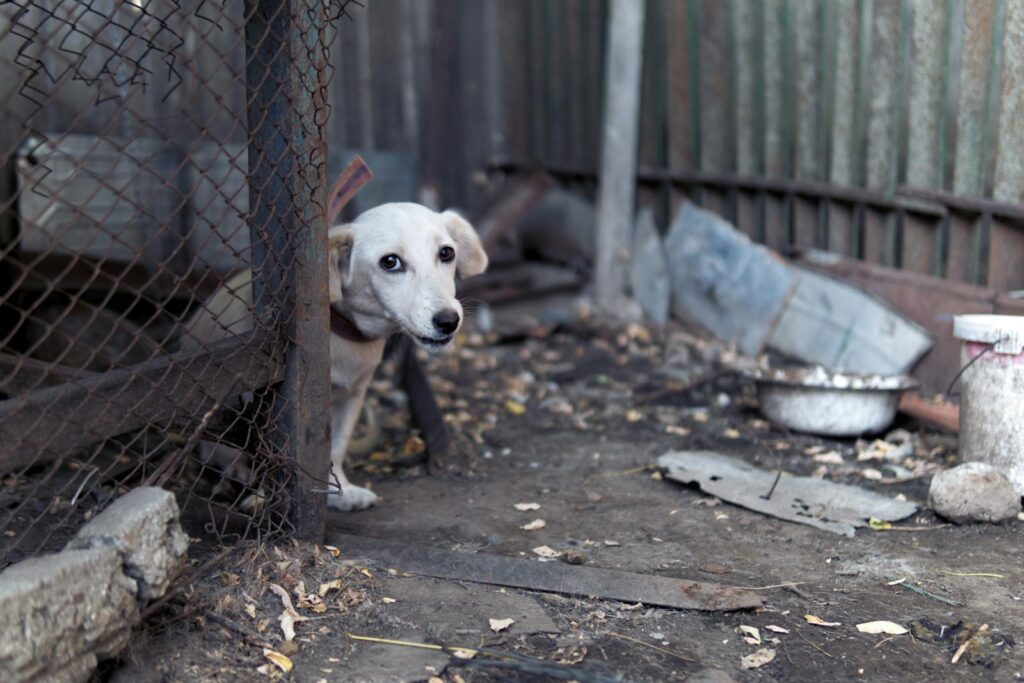
A dog’s early experiences shape their confidence and ability to navigate the world. If a puppy is not exposed to different people, environments, and sounds, they may grow up fearful of unfamiliar situations. A lack of socialization can make normal experiences, like meeting new people, hearing loud noises, or walking in busy areas, feel terrifying and overwhelming.
Being attacked by another animal
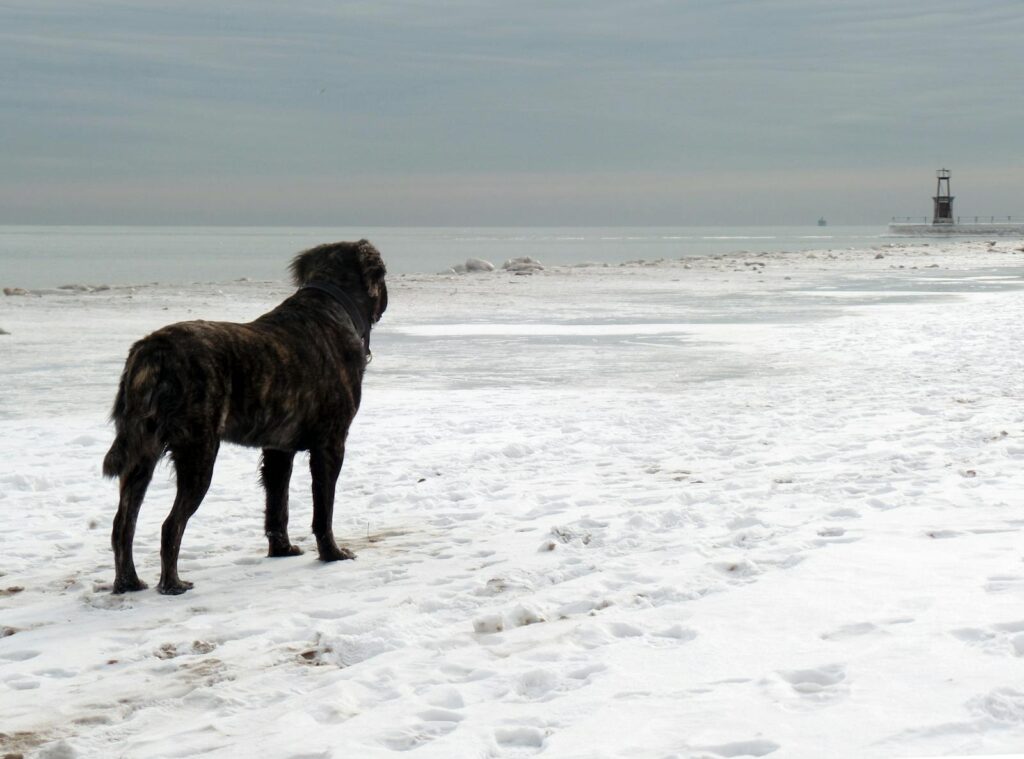
A dog that has been attacked by another dog or animal may develop intense fear around other pets. Even if the attack happened only once, they may become reactive, barking or lunging at other dogs out of fear that it will happen again. Some dogs become overly submissive, avoiding all interactions to prevent further harm.
Living in a high-stress or chaotic environment

Dogs that have lived in homes filled with tension, loud arguments, or unpredictable behavior can become hyper-vigilant. They may associate loud voices or sudden movements with danger, leading them to react fearfully. Even after being removed from the stressful environment, they may remain on edge, always anticipating something bad to happen.
Negative experiences with humans
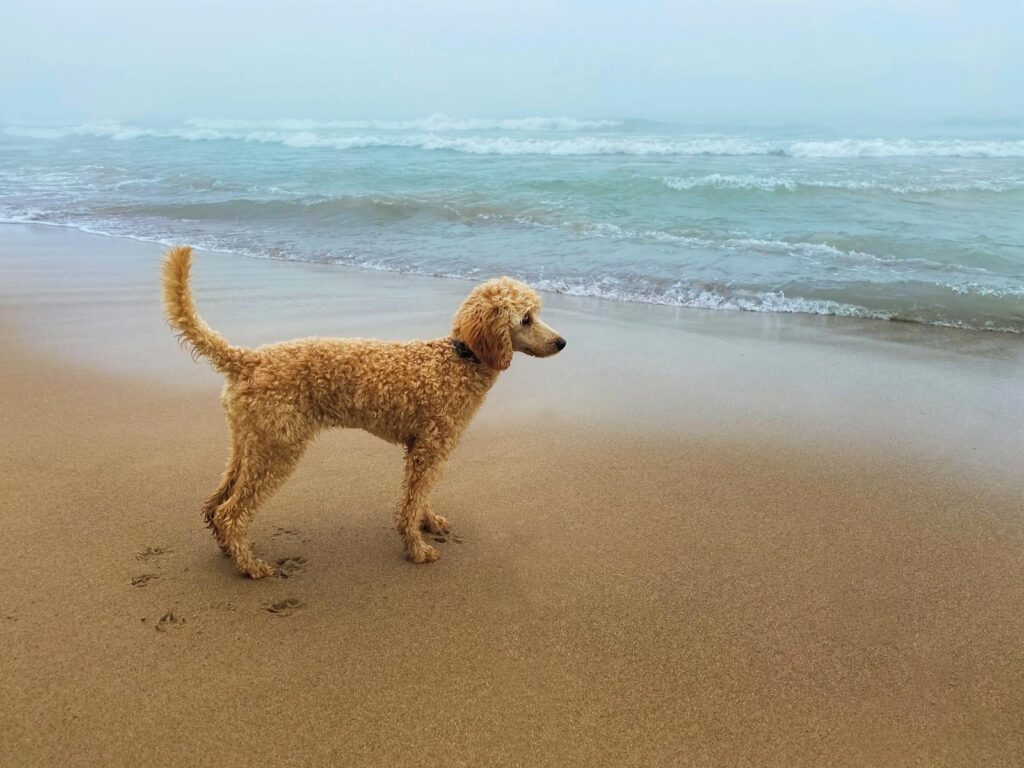
Even if a dog has never been directly abused, a single negative encounter can leave a lasting impression. Being grabbed roughly, restrained against their will, or even scolded too harshly can make a sensitive dog fearful of certain people or situations. Some dogs become wary of strangers, while others generalize their fear to all humans.
Being left in a shelter or unfamiliar place
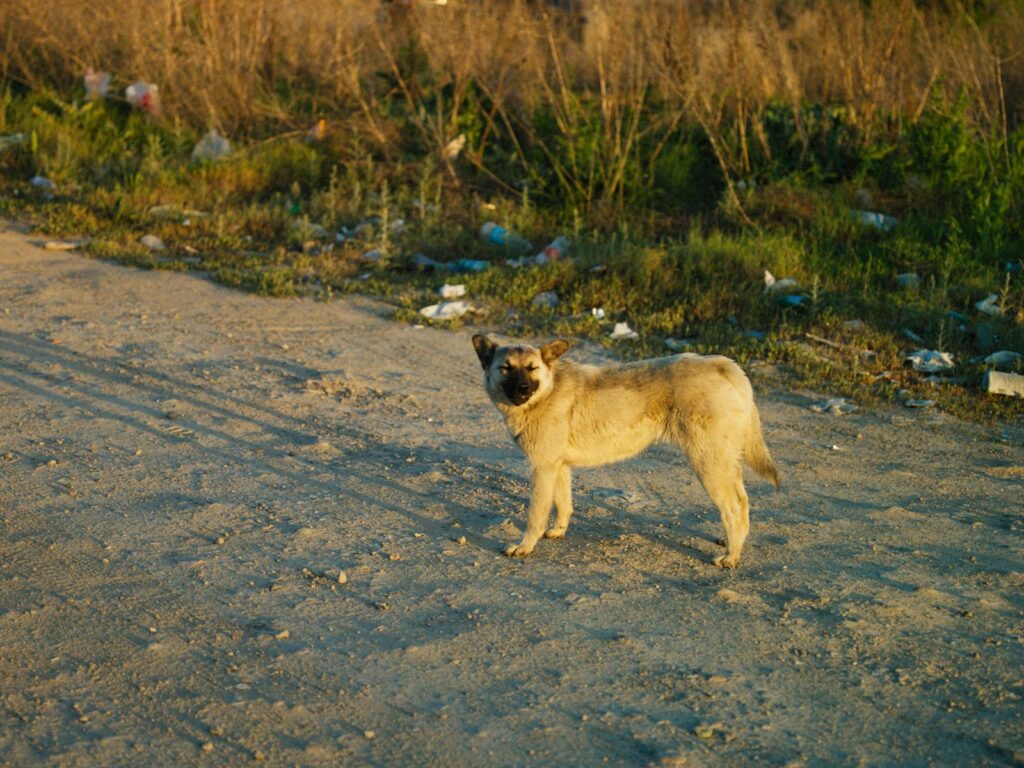
For a dog, being surrendered to a shelter or abandoned in an unfamiliar environment can be incredibly traumatic. The sudden change from a home to a cold, loud, and unfamiliar space can make them feel unsafe. Some dogs shut down completely, refusing to interact, while others become extremely anxious, barking or pacing nonstop due to fear and uncertainty.
Painful medical experiences
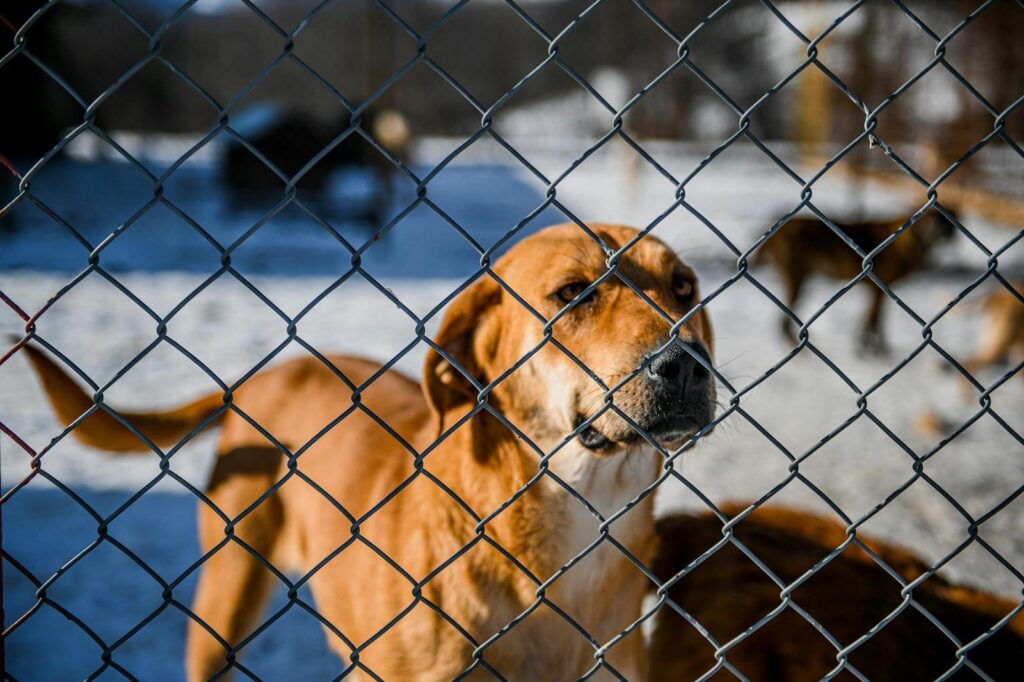
Dogs don’t understand medical treatments, and if they’ve had a particularly painful or frightening experience, such as surgery, an injection, or being restrained at a vet’s office, they may develop a fear of veterinary visits or even human touch. A dog who once tolerated handling may suddenly resist being picked up, groomed, or examined.
Being chained or confined for long periods
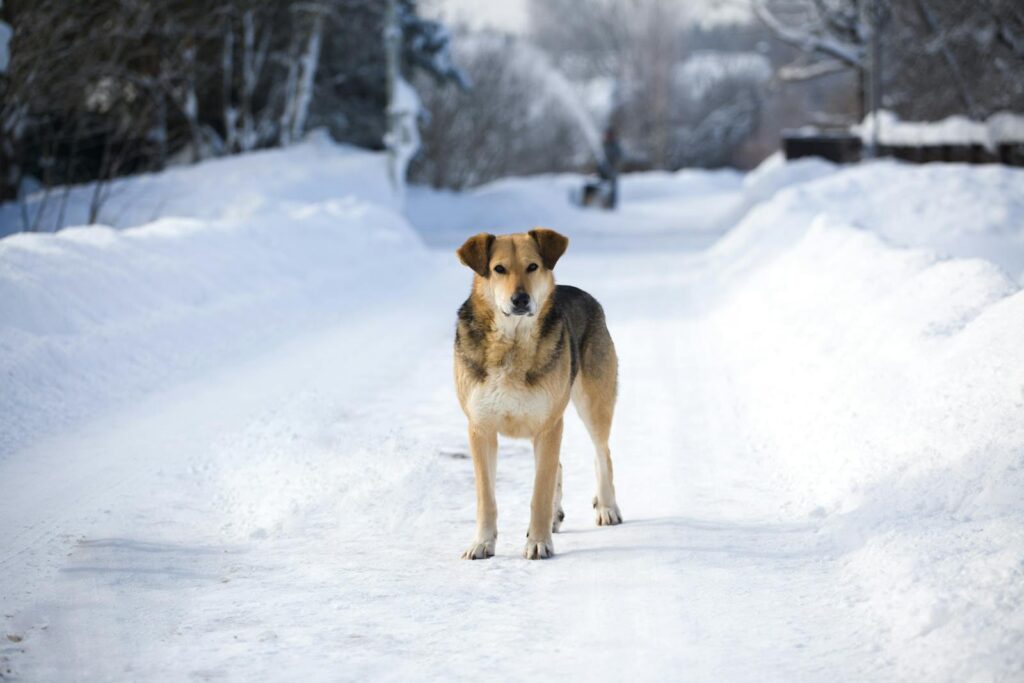
Dogs that have been chained outside for most of their lives or confined in small spaces, such as crates or cages, often develop severe anxiety. They may fear small, enclosed areas or panic when they feel restricted. Some develop compulsive behaviors like pacing or spinning in circles, as their past experiences have left them feeling trapped and helpless.
Exposure to loud noises or frightening events

Dogs are highly sensitive to sound, and exposure to sudden loud noises, such as fireworks, gunshots, or thunderstorms, can leave a lasting fear response. Some dogs develop noise phobias, shaking uncontrollably or hiding at the first sign of a storm. Others may bolt in panic, putting themselves in danger as they try to escape the perceived threat.
Loss of a companion or caregiver

Dogs form strong emotional bonds with their owners and other animals in their household. Losing a beloved companion, whether human or animal, can cause grief and fear. Some dogs become withdrawn, sleeping more and eating less, while others develop separation anxiety, fearing that they will lose their new caregiver as well.
Forced interactions or punishment-based training
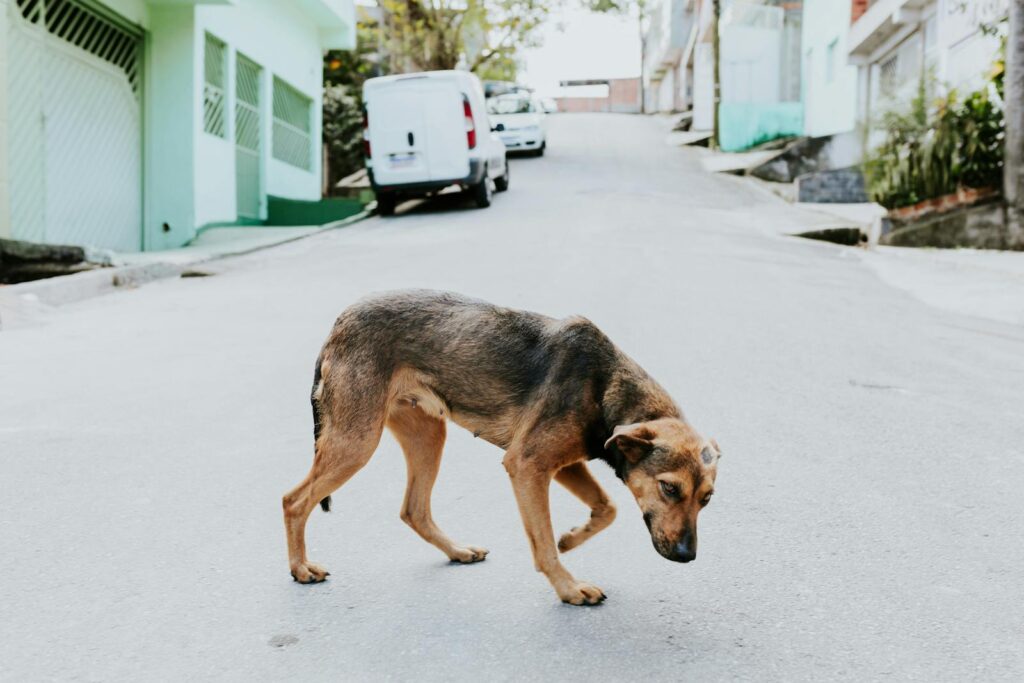
Dogs that have been forced into uncomfortable situations—such as being grabbed and hugged when they don’t want to be or trained using punishment and harsh corrections—may develop fear-based behaviors. Instead of learning confidence, they become hesitant, expecting every new experience to end in discomfort or reprimand.
Inconsistent or unpredictable handling

Dogs thrive on consistency and routine. If a dog has lived in an environment where their owner’s behavior was unpredictable—one day affectionate, the next harsh or distant—they may develop trust issues. This can make them anxious around people, never knowing whether they will be met with kindness or punishment.
Lack of control over their environment
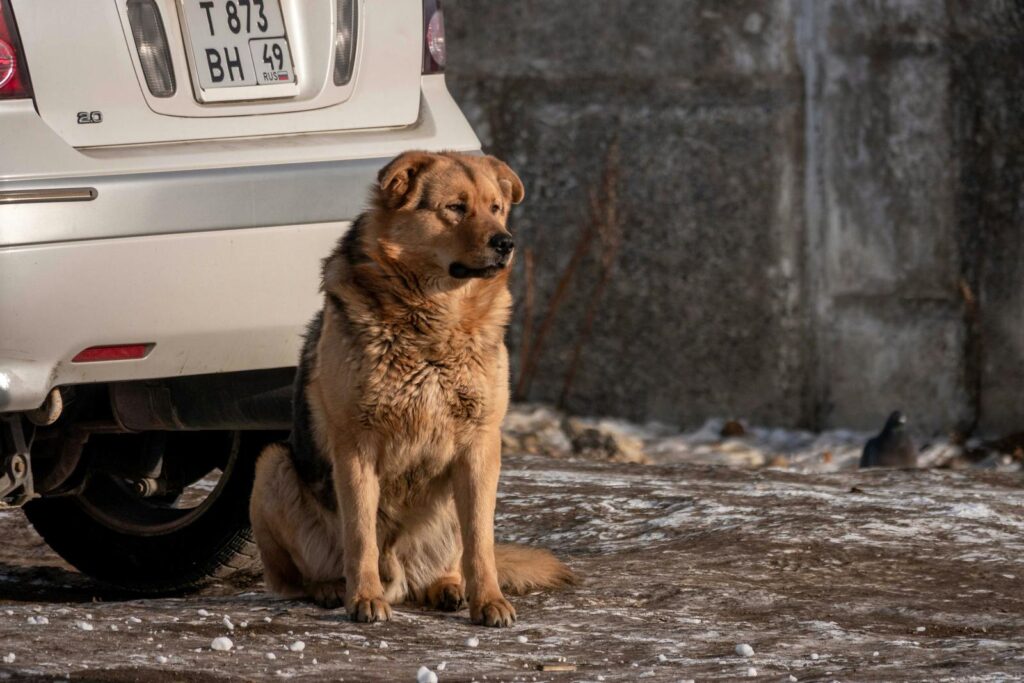
Dogs that have been through traumatic experiences often feel powerless. If they have been repeatedly moved from home to home, placed in situations they don’t understand, or deprived of the ability to escape frightening encounters, they may develop a deep-seated fear of the unknown. This can lead to excessive caution, hesitation, or even complete withdrawal from interaction.
Genetic predisposition to anxiety

Some dogs are naturally more anxious due to their genetics. Certain breeds, such as Border Collies, German Shepherds,and Chihuahuas, are more prone to nervousness. If a genetically anxious dog also experiences trauma, their fear responses may be even more intense and long-lasting, requiring extra patience and reassurance to help them feel safe again.





